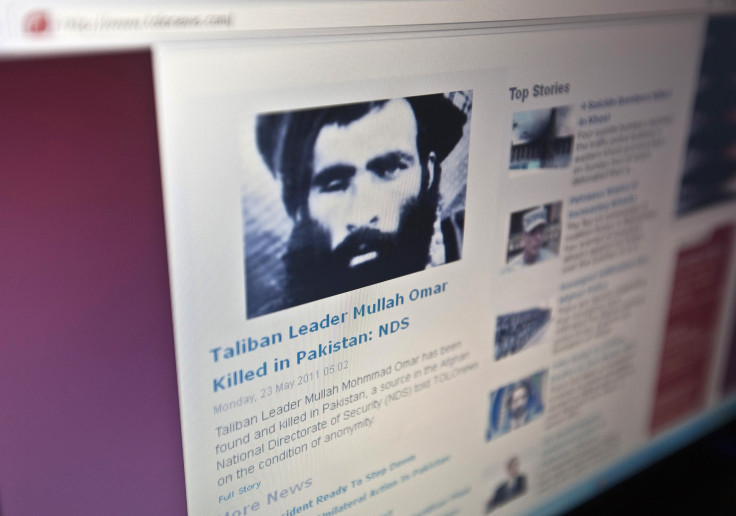Pakistan's ISI Gave Shelter To Mullah Omar, Hillary Clinton's Email Dump Reveals

Pakistani spy agency ISI sheltered Taliban leader Mullah Omar after he had run away from Afghanistan in 2001, reveals an email dated Aug. 25, 2010 that was received by the then Secretary of State Hillary Clinton.
Pakistan has long denied ISI connections with the Taliban leader, who died at a Karachi hospital in 2013. U.S. authorities claimed there was no evidence of the alleged connection between Omar and the Pakistani spy agency.
However, the email written by “Sid” gives a different picture. "I'm sure you know the facts in this well-informed piece, how Mullah Omar was saved by ISI, for example, but the idea of Afghanistan as an aspect of lndo-Pak war is the best and overarching strategic concept," Business Standard quoted the email sent to Clinton.
The email is one among several emails released by the U.S. State Department. Clinton received these emails on her private server while she served as the secretary of state.
The email also contains an article “The military and the mullah” written by William Dalrymple. The article was published on New Statesman Aug. 23, 2010. Dalrymple gave details in the article how Pakistan supported the Taliban to dominate Afghanistan and the “Hindu-dominated Indian army in Kashmir.”
Dalrymple wrote about his conversation with former ISI director Hamid Gul, who had a significant contribution in developing the strategy.
"If the jihadis go out and contain India, tying down one million men of their army on their own soil, for a legitimate cause, why should we not support them?" Gul apparently told Dalrymple.
According to Dalrymple, many in the Pakistani army believe using the religious extremists against India is “more practical” than nuclear weapons.
“For them, supporting Islamist groups is not an ideological or religious whim, so much as a practical and patriotic imperative - a vital survival strategy for a Pakistani state,” the author wrote.
© Copyright IBTimes 2025. All rights reserved.





















